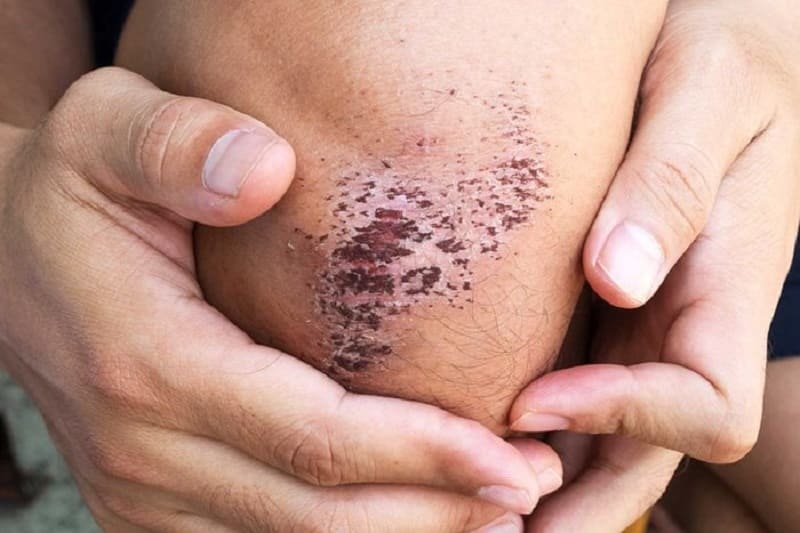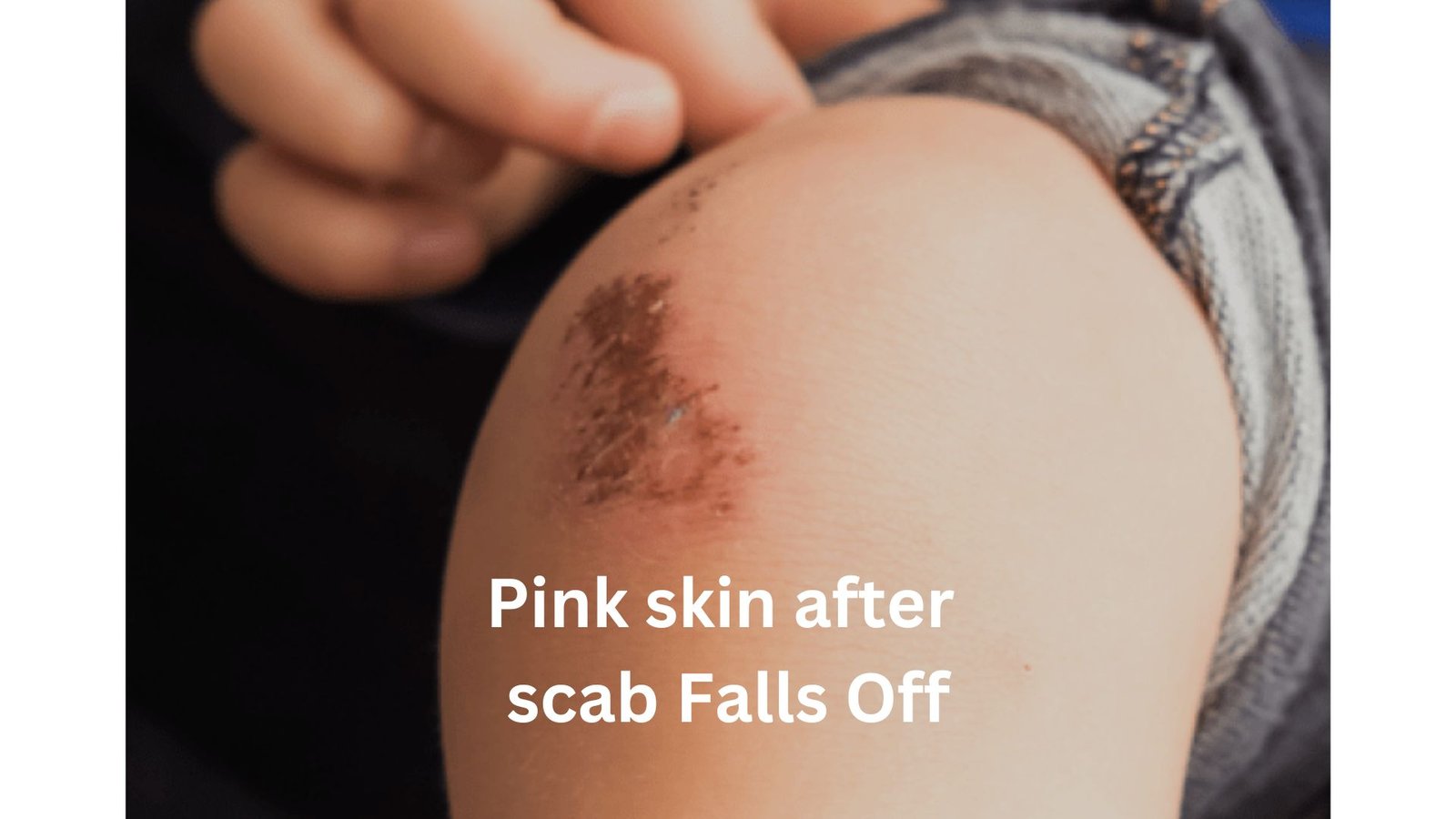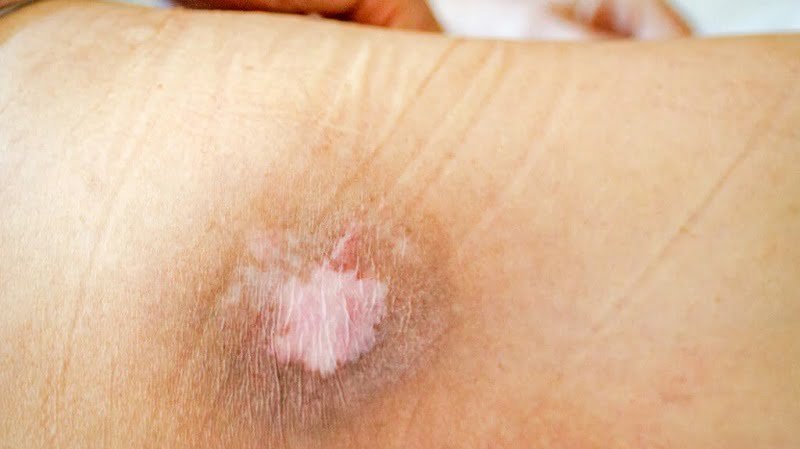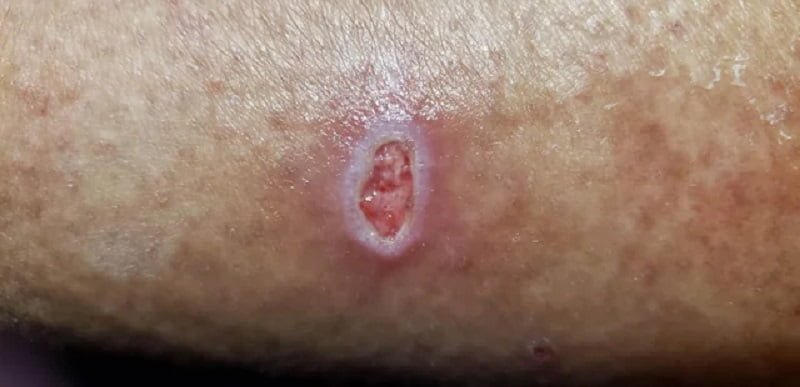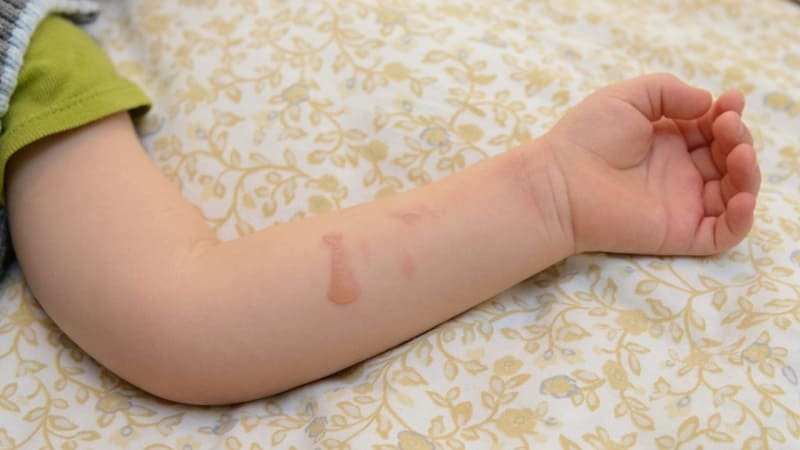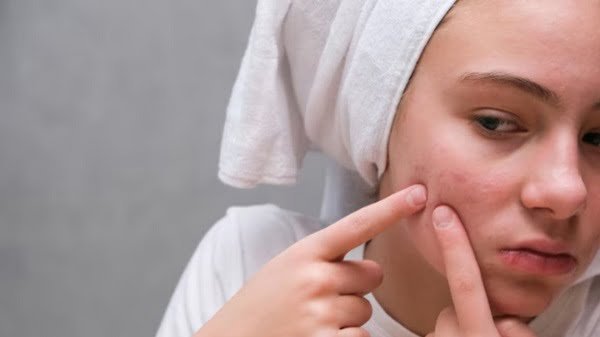Introduction
Dealing with an itchy scab can be not only uncomfortable but also concerning, especially if you’re unsure of the underlying cause or how to alleviate the itch without causing further harm. In this comprehensive guide, we’ll explore effective ways to relieve itchy scabs, dos and don’ts for proper care, medical solutions, common issues causing itchy scabs, and the seriousness of these issues.
Understanding Itchy Scabs
Scabs form as a protective layer over wounds during the healing process. However, as the healing progresses, scabs can become itchy due to various factors, including dryness, inflammation, and skin irritation. Itchy scabs may also result from underlying skin conditions or infections.
Do’s for Relieving Itchy Scabs
Keep the Scab Moisturized: Apply a gentle moisturizer to the scab and surrounding skin to alleviate dryness and reduce itching.
Use Cold Compresses: Applying a cold compress to the itchy scab can help numb the area and provide temporary relief from itching.
Practice Good Hygiene: Keep the area around the scab clean to prevent infection and further irritation. Gently cleanse the area with mild soap and water, and pat it dry with a clean towel.
Don’ts for Relieving Itchy Scabs
Avoid Scratching: Resist the urge to scratch the itchy scab, as this can disrupt the healing process, increase the risk of infection, and lead to scarring.
Don’t Pick at the Scab: Picking at the scab can delay healing and increase the likelihood of scarring. Let the scab fall off naturally as the wound underneath heals.
Medical Solutions for Itchy Scabs
Topical Steroids: If the itching is severe or persistent, your healthcare provider may prescribe a topical steroid cream to reduce inflammation and relieve itching.
Antihistamines: Oral antihistamines can help alleviate itching associated with allergic reactions or inflammatory skin conditions.
Antibiotics: If the itchy scab is due to an underlying bacterial infection, your healthcare provider may prescribe oral or topical antibiotics to treat the infection and alleviate symptoms.
Common Issues Causing Itchy Scabs
Dry Skin: Dry skin can lead to itching, especially around healing wounds or scabs.
Inflammation: Inflammatory skin conditions such as eczema or psoriasis can cause itchy scabs to form.
Infection: Bacterial or fungal infections of the skin can lead to itchy, inflamed scabs.
Seriousness of Itchy Scabs
While itchy scabs are often a temporary annoyance, they can sometimes indicate a more serious underlying issue, such as an infection or inflammatory skin condition. It’s essential to monitor the scab and seek medical attention if you notice any signs of infection, such as increased redness, swelling, warmth, or pus-like discharge.
Conclusion
Relieving itchy scabs requires a combination of proper care, avoidance of irritants, and, in some cases, medical intervention. By following the do’s and don’ts outlined in this guide and seeking medical advice if needed, you can effectively manage itchy scabs and promote optimal healing of the underlying skin. Remember to be patient and gentle with your skin as it heals, and prioritize maintaining good hygiene to prevent further complications.
Faq related to "How to relieve itchy scab"
Scabs can become itchy due to various factors, including dryness, inflammation, and skin irritation. Itching may also result from underlying skin conditions or infections.
No, scratching an itchy scab can disrupt the healing process, increase the risk of infection, and lead to scarring. It’s important to resist the urge to scratch and find alternative methods to relieve the itch.
Yes, keeping the scab and surrounding skin moisturized can help alleviate dryness and reduce itching. Use a gentle moisturizer to hydrate the area and promote healing.
You should seek medical attention if you notice any signs of infection, such as increased redness, swelling, warmth, or pus-like discharge from the scab. Persistent or severe itching may also warrant medical evaluation, especially if it’s interfering with daily activities.
Yes, over-the-counter antihistamines or hydrocortisone creams may provide temporary relief from itching associated with scabs. However, if the itching persists or worsens, it’s advisable to consult a healthcare professional for further evaluation and treatment.
Yes, some home remedies may help alleviate itching associated with scabs, such as applying cold compresses, taking oatmeal baths, or using natural moisturizers like coconut oil or aloe vera gel. However, it’s essential to be cautious and discontinue any remedy if it causes irritation or worsening of symptoms.
Yes, inflammatory skin conditions such as eczema, psoriasis, or contact dermatitis can lead to itchy scabs. Infections of the skin, such as bacterial or fungal infections, can also cause itching and scab formation.
The time it takes for an itchy scab to heal can vary depending on factors such as the size and depth of the wound, individual healing factors, and proper wound care. In general, most scabs heal within one to two weeks, but it may take longer for larger or deeper wounds.
Yes, stress can exacerbate itching associated with scabs, as it can weaken the body’s immune response and trigger inflammatory reactions in the skin. Practicing stress-reduction techniques such as mindfulness, exercise, or relaxation exercises may help alleviate itching associated with scabs.
Yes, scratching a scab can disrupt the healing process and increase the risk of scarring. It’s important to resist the urge to scratch and follow proper wound care techniques to promote optimal healing and minimize the risk of scarring.

